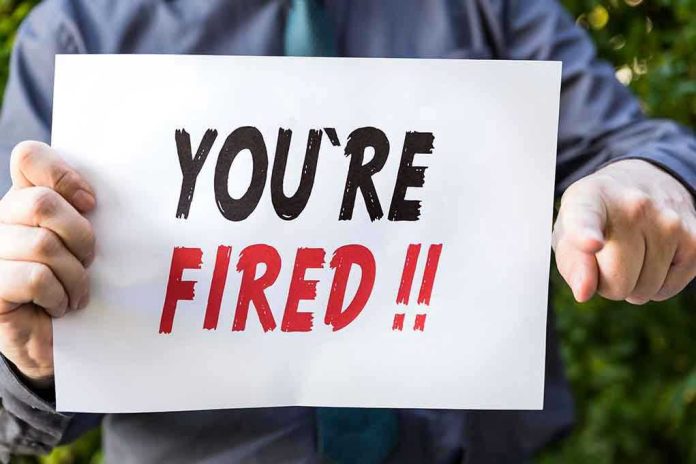
What happens when religious convictions collide with workplace inclusivity policies? A Louisiana pastor found out the hard way.
At a Glance
- A pastor was fired from a library job for refusing to use a colleague’s preferred pronouns.
- The dismissal has sparked a heated debate on religious freedom and workplace policies.
- Over 30 local pastors have rallied to demand the pastor’s reinstatement.
- The library remains firm on its inclusivity policy, amidst public scrutiny.
The Clash of Beliefs at the Library
Luke Ash, a pastor from Stevendale Baptist Church, found himself at the heart of a storm when his beliefs clashed with the inclusivity policies of the East Baton Rouge Parish Library. Working as a library technician for less than six months, Ash was asked to refer to a new staff member—a biological female identifying as male—using male pronouns. His refusal, citing religious beliefs, led to his termination on July 10, 2025. The library’s code of conduct mandates respect for chosen names and pronouns, a policy Ash found himself unable to comply with.
This incident has thrust the library into the spotlight, igniting discussions about compelled speech and religious freedom. The library, aiming to foster an inclusive environment, stands by its policy, despite the uproar from religious communities. Baton Rouge, with its strong religious roots, has seen tensions rise as local pastors rally behind Ash, demanding not only his reinstatement but also a reevaluation of the library’s inclusivity policy.
A Divided Community
The firing of Ash has drawn in religious leaders and community members, highlighting the power dynamics at play. The library board holds the reins of policy enforcement, while local pastors, including Lewis Richerson, have taken to public advocacy. Over 30 pastors have penned a letter to the library board, emphasizing the need for policy changes that accommodate religious beliefs. Despite their efforts, the library board, led by President Candace Temple, has maintained that the comments from pastors were out of order according to Louisiana’s Open Meetings Law.
This ongoing saga has left the community divided, with religious leaders emphasizing truth-telling and integrity, while the library and inclusivity advocates stress the importance of respecting all employees’ identities. The perspectives of the transgender employee and library leadership remain absent from the public discourse, leaving gaps in understanding the full impact of the policy.
Looking Ahead: Impacts and Implications
The incident with Ash is not just a local issue; it serves as a microcosm of broader societal debates on LGBTQ+ rights and religious liberty. In the short term, Ash faces immediate job loss and reputational impacts, while the library’s inclusivity policy undergoes intense scrutiny. The event has amplified discussions on the balance between anti-discrimination measures and religious accommodations in workplaces.
Long-term, this case may influence policies beyond Louisiana, potentially triggering legal challenges and reviews of compelled speech directives. Religious communities feel galvanized around the perceived threat to their freedoms, while public institutions may reconsider their policies to navigate these complex issues. The case could set a precedent for similar situations in public sector workplaces, influencing how inclusivity and religious accommodations are balanced in practice.














